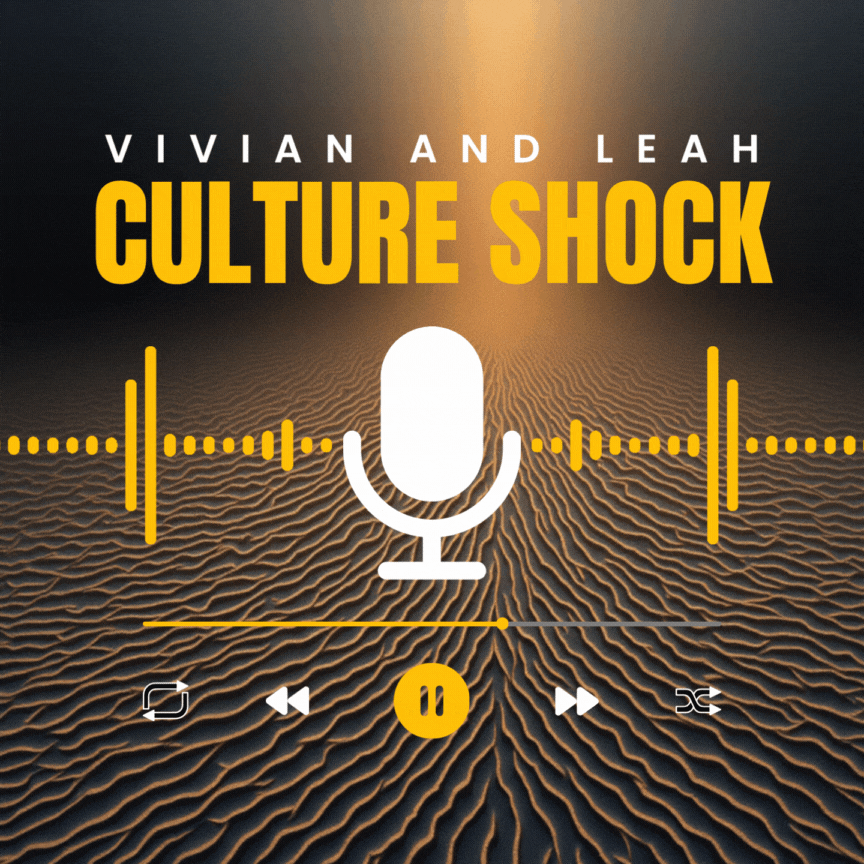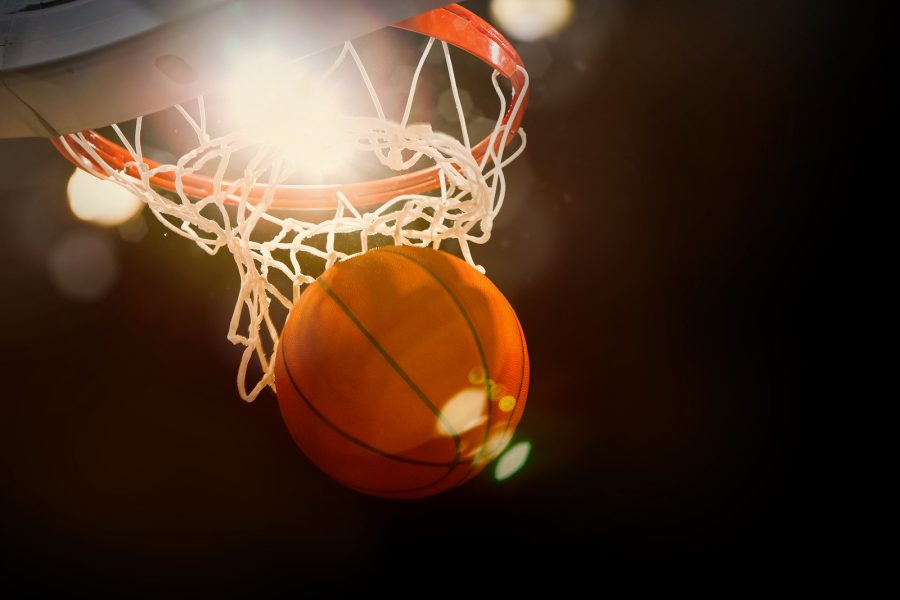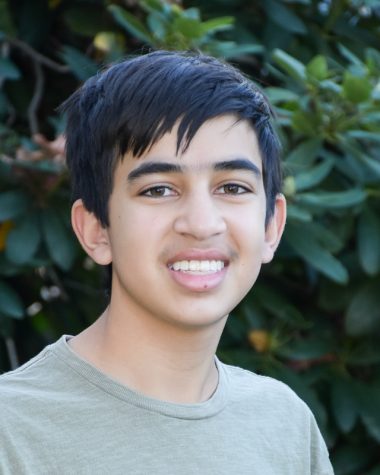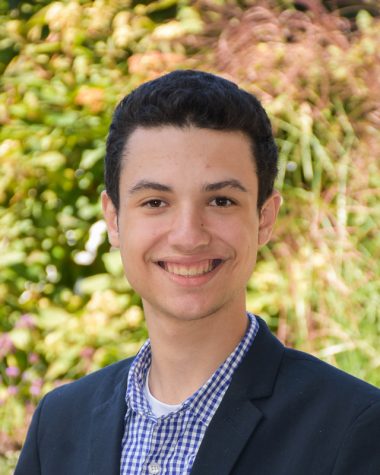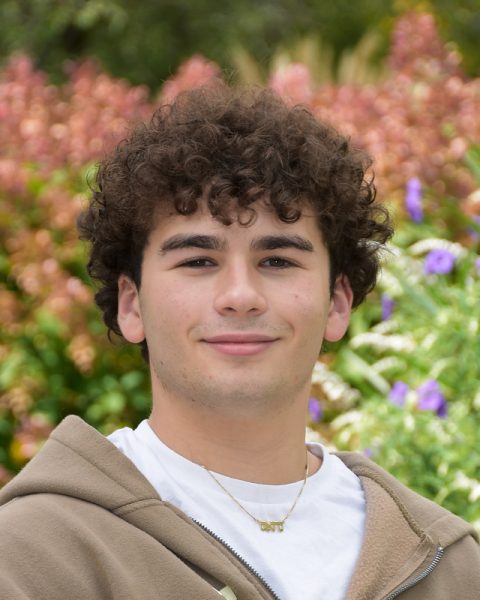How COVID-19 Hurt Professional Sports
With the pandemic raging, It’s been a professional sports season like no other. Evan Michaeli ’25 reviews the topsy-turvy course of the sports world since the outbreak of the pandemic. Nico Jaffer ’24 offers his own spin on how to more safely hold competitive sports.
Basketball going through the basket at a sports arena (intentional spotlight)
December 14, 2020
How Professional Sports Have Reacted to COVID-19
By Evan Michaeli ’24
On March 11, the sports world started to feel the impact of the pandemic when Utah Jazz center Rudy Gobert tested positive for the coronavirus before a game against the Oklahoma City Thunder. This brought sudden panic as leagues started to postpone the rest of their seasons.
The NBA was the first to shut down the day Gobert tested positive. The NHL and the Premier League followed the next day. All of this brought a sense of uncertainty to sports, as it became unclear if live sports would resume
Notable athletes like Atlanta Braves first baseman Freddie Freeman, Brooklyn Nets small forward Kevin Durant, New Orleans Saints head coach Sean Payton, and Boston Celtics shooting guard Marcus Smart all tested positive for COVID-19, ceasing further mayhem.
Additionally, the Tokyo Olympics were postponed for the first time since 1944 due to the pandemic and are now scheduled to occur in 2021. Wimbledon, March Madness, and the Boston Marathon were also cancelled.
In July, there was a glimmer of hope. The MLB season started on July 23 at Nationals Park in Washington D.C. as the Nationals hosted the Yankees to start the season. This showed potential for American sports to come back, until the outbreak in the Miami Marlins organization and later, the St. Louis Cardinals.
The MLB did not have a bubble system in the regular season. However, no fans were present in the stadiums in the regular season. Instead, fans were encouraged to cheer for their team in the MLB App, which would project video game sounds. During the playoffs, all seeds played the first round at the higher seed’s park. This series was 3 games long. After, the Division Series took place in a bubble, like other major sports leagues.
The NBA and NHL played their playoffs in a bubble—the NBA in central Florida at Walt Disney World and the NHL in Toronto (Eastern Conference) and Edmonton (Western and Stanley Cup.) The NHL reported zero cases in the bubble and the NBA reported a small number. Both leagues were creative as they found ways to have fans interact through Zoom meetings and personalized chants.
The NLCS and the World Series in Arlington had fans watch from inside. The MLS had a bubble in Florida, and teams invited virtual fans to watch as Portland won the championship.
The NFL first cancelled the preseason due to COVID-19. The NFL now allows teams to play in their home stadiums with fans inside. Some teams, like the Patriots, play with no fans, and others, like the Chiefs, play with a limited amount.
The NFL is in danger of a postponed season as teams such as the Titans, Ravens, Patriots, and Falcons all dealt with an outbreak of cases.
However, with the football season in danger, we have a bright future ahead. Tennis returned with the US Open without fans on August 31st. The Kentucky Derby occurred on September 5th. And the Champions League is back. All the big sporting drafts were held on Zoom, and fans were still able to watch young talent be drafted by their favorite teams.
While major league sports cannot let their guard down yet with the recent spike in cases, there is still hope for sports fans as many leagues have expressed optimism regarding the vaccine. With the NBA and NHL seasons scheduled to start in a month, followed by the MLB in April, we can be sure that sports won’t leave us anytime soon.
With Pandemic, NFL Should Take NBA Playbook
By Nico Jaffer ’23
The COVID-19 pandemic has put a stop to many things, but as the NBA has shown, professional sports can still occur in a reasonably safe manner. The NFL should take note.
Just over three months ago, the NBA finished its season, capping off with the Los Angeles Lakers victory over the Miami Heat. However, the NBA’s path to crowning a winner wasn’t easy. In fact, games were suspended for nearly four months.
To finish out the season with minimal risk, the NBA created a “bubble system” to allow teams that could potentially make the playoffs—the tournament-style bracket that led to the champion of the season—quarantine until after the post-season.
As someone who lives and breathes sports, I was overjoyed when I found out that my favorite teams would keep playing. I originally saw the NBA’s plan and was excited to see how it succeeded in keeping players healthy. The precautions worked well, which left me more eager for my favorite sport, football, at the conclusion of the NBA’s season. Unfortunately, though, the long football season started with catastrophe.
For the first two weeks, competition seemed to be going well. Fans and players alike were happy, until news hit that cornerback A.J. Terrell on the Atlanta Falcons had been diagnosed with COVID-19. This didn’t come as a big shocker, as Will Leitch for New York Magazine explains in a recent article.
“Actually, the most important lesson is ‘play in a bubble,’ but going the way of the NBA was never a realistic notion for the NFL, with its army of personnel. So, in lieu of that, the NFL has taken a page from MLB and, especially, college sports (particularly those in the South) and decided that the only way to survive a pandemic is to plow right through it — and to stop for nothing,” Leitch writes.
Many more players have since tested positive, and it’s now obvious that the NFL values the bottom line over human life. Even when the NFL decides to postpone games, this is merely a band aid for a much larger problem. Whether it’s the league’s macho culture, complete stupidity, or refusal to spend the cash to create bubbles, on the field, there is now something more damaging than the hits and blows players receive.
That’s unfortunate, as the NFL’s inaction should be considered criminally negligent. The question remains, though, if enough stakeholders care to do anything about it, championing safety over profit. I’m doubtful.






























